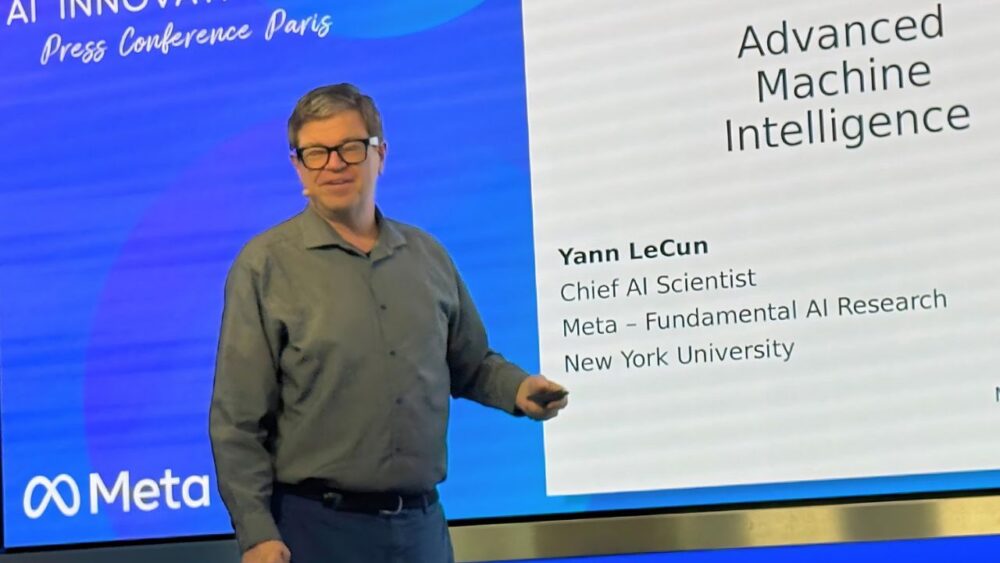Artificial intelligence pioneer Yann LeCun announced he will leave Meta at year’s end to launch an AI research startup. The move ends his decade-long tenure as the social media giant’s chief AI scientist.
LeCun’s departure signals a shift in Meta’s AI strategy amid mounting pressure from rivals such as Google and OpenAI. His exit follows Meta’s recent cuts of roughly 600 AI jobs this fall.
As previously reported by The Dallas Express, Meta laid off approximately 600 employees in its artificial intelligence division as part of a broader effort to streamline operations.
The cuts targeted Meta’s Superintelligence Labs, including its Fundamental Artificial Intelligence Research unit, AI product division, and AI infrastructure teams. The recently formed TBD Lab, focused on next-generation large language models, remained unaffected.
The new startup will pursue research on AI systems that can “understand the physical world, have persistent memory, can reason, and can plan complex action sequences,” LeCun said, per AP. Meta will partner with the venture, though some research may diverge from the company’s commercial interests.
LeCun co-founded Meta’s AI research division in 2013, building a team focused on advancing computer science beyond immediate product needs. He stepped down as director in 2018 but remained chief AI scientist.
The timing reflects broader changes at Meta. In June, the company invested $14.3 billion in AI data company Scale and recruited its CEO to develop “superintelligence” capabilities.
LeCun has publicly criticized the hype around large language models like ChatGPT. He doubts they represent a path to better-than-human AI, despite their utility.
The French-born scientist won the 2019 Turing Award alongside AI pioneers Yoshua Bengio and Geoffrey Hinton. He continues teaching part-time at New York University, where he has held a position since 2003.
His early career at AT&T Bell Labs focused on developing AI systems to read text in digitized images. Throughout his tenure at Meta, LeCun championed open-source AI systems, such as the company’s Llama model, drawing criticism from AI safety advocates who consider such transparency risky.


